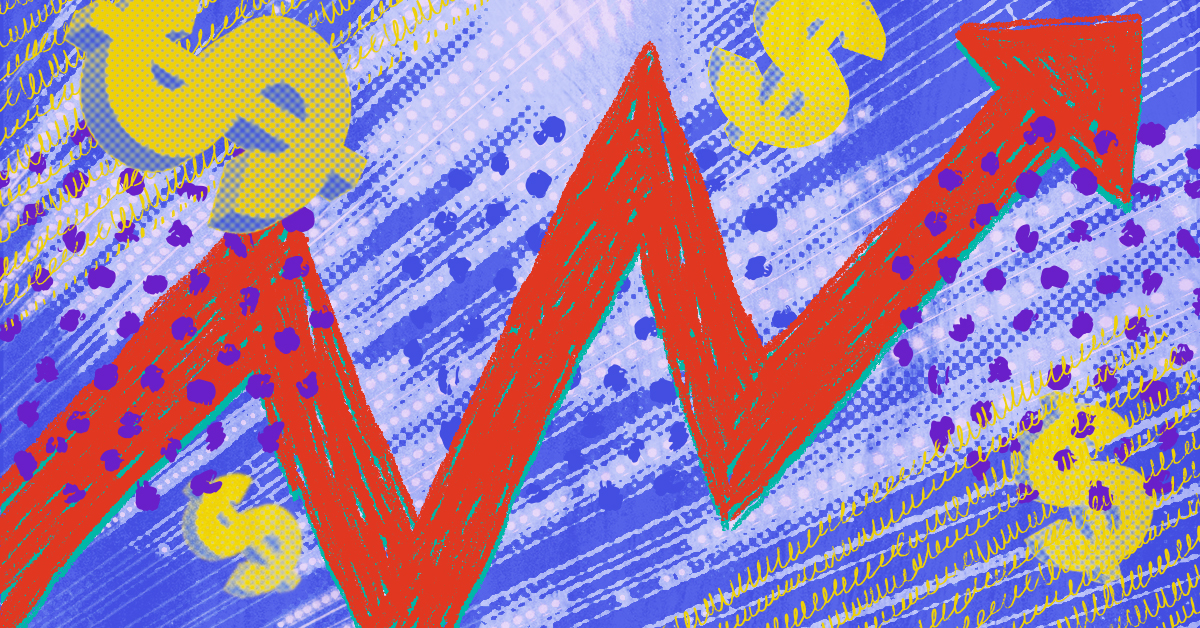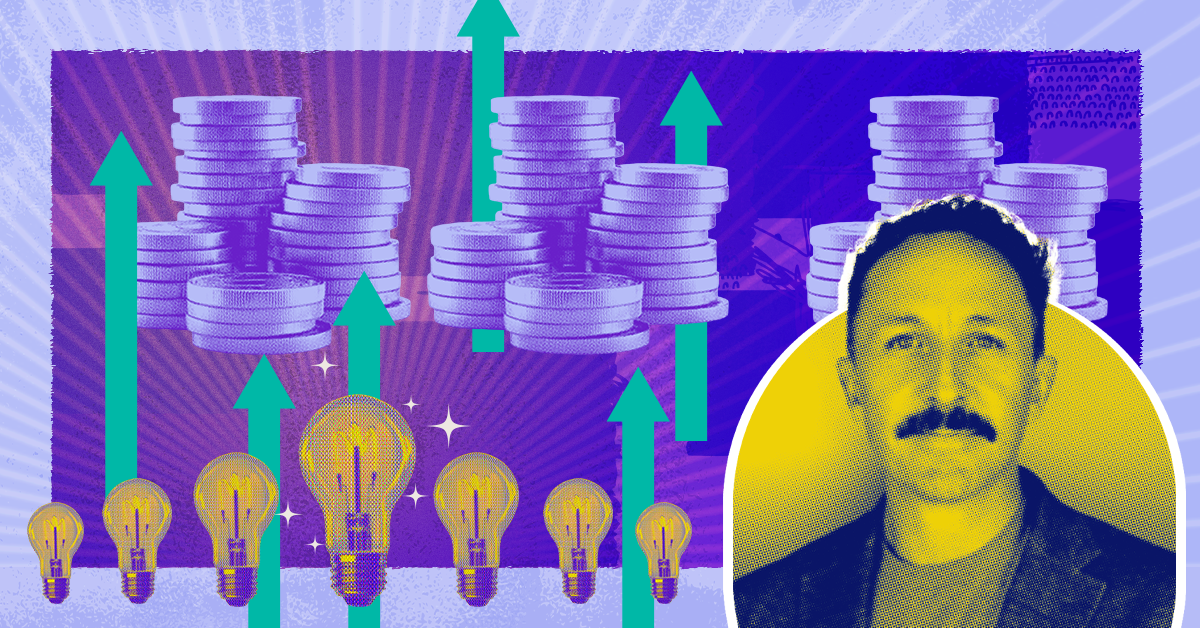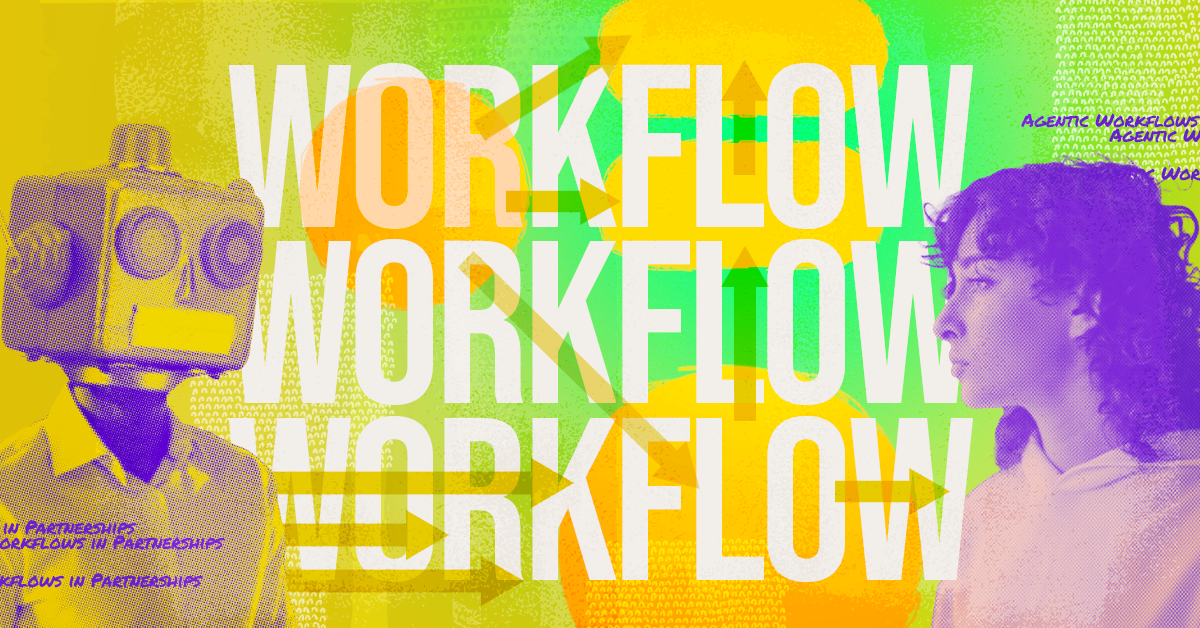Partnerships Glossary
Recent Terms
A partner automation workflow refers to a set of behind-the-scenes digital steps that handle the operational busywork of running a partnership. Instead of a manager manually checking spreadsheets or hunting through emails, these workflows automatically trigger the right action at the right time. For example, this could look like using an automated process to approve a deal, send a commission check, assign a new training module or deliver content and notifications.
In practice, these workflows can act as a 24/7 coordinator. For example, the moment a partner registers a deal, the system can instantly route it for approval, notify the sales team, update the partner’s dashboard and trigger any required follow-up actions. By cutting out manual steps, these workflows ensure that nothing falls through the cracks and that the program runs consistently for every partner, regardless of size.
For B2B ecosystems, automation is essential for scaling effectively. It allows internal teams to focus on strategy instead of data entry, while giving partners a faster, frictionless experience. When done well, it turns a slow, manual program into a high-speed engine that drives faster revenue and higher partner satisfaction.
Oextora Systems implemented partner automation workflows to streamline its global partner program. When partners registered deals, the system automatically routed approvals, assigned relevant enablement content and triggered payout calculations. As a result, Oextora reduced manual program administration and improved partner response times across the ecosystem.
Partner-led support escalation is a customer support model where certified partners act as the first line of defense for customer issues. Instead of every support ticket going straight to the vendor, the partner uses their hands-on knowledge of the customer’s business, environment and workflows to troubleshoot and resolve problems locally.
In this setup, the partner handles day-to-day how-to questions, configuration tweaks, workflow hurdles and minor technical issues. The vendor is only called in for heavy lifting, such as fixing product bugs or resolving deep architectural failures. This front-line approach ensures customers get faster, context-aware help from someone who already knows their environment, while the vendor’s internal teams can stay focused on core product health and strategic initiatives.
For B2B ecosystems, this model essentially turns partners into valuable extensions of the vendor’s team. It builds deeper trust between the partner and the customer, reduces support costs for the vendor, improves overall service efficiency and ensures that when a problem does reach the vendor, it’s a high-priority issue that truly requires their attention.
Sophytecx Systems implemented partner-led support escalation across its reseller network. Partners handled initial troubleshooting and configuration issues for their customers, escalating only complex cases to Sophytecx’s internal support team. As a result, average resolution time dropped by 28% and customer satisfaction scores improved across the channel.
A mutual success plan (MSP) is a shared roadmap that keeps partners aligned on exactly what they want to achieve together and how they’ll get there. Rather than working in silos, partners use this document to agree on common goals, timelines and who owns which actions — whether for a specific co-selling deal or a long-term marketing campaign.
These plans typically outline details such as key objectives, target accounts or segments, roles and ownership, expected deliverables, success metrics and review milestones. They may also include enablement activities, resource commitments and communication cadences to ensure progress stays on track. By getting everyone on the same page from day one, mutual success plans reduce misalignment and help prevent stalled or unfocused partnerships.
In partner ecosystems, mutual success plans provide structure and accountability for collaborative efforts. They help partners coordinate actions, prioritize the right opportunities and measure impact over time. When used effectively, a mutual success plan strengthens trust, improves execution and increases the likelihood that joint initiatives translate into real, measurable business outcomes.
B2B SaaS platform Linynul created a mutual success plan with one of its top integration partners to drive joint growth in the financial services sector. The plan outlined shared revenue targets, key accounts and mutual resource commitments for joint marketing campaigns. As a result, both teams stayed aligned on priorities and increased partner-influenced pipeline within two quarters.
Browse Partnership Terms
Learn the secrets of partnerships success
Sign up for our newsletter to enjoy premium partnerships and ecosystem content you can’t get anywhere else.
By submitting this form you agree to PartnerStack's Privacy Policy.













